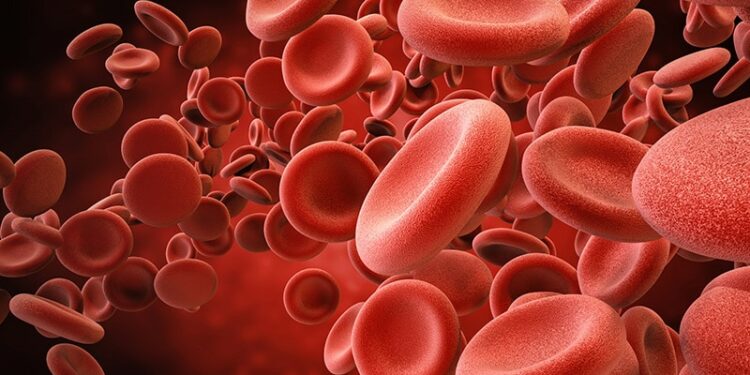[ad_1]
TOPLINE:
Direct oral anticoagulant (DOAC) therapy is not associated with a significantly higher risk for intracranial hemorrhage than single-agent antiplatelet therapy. However, DOACs are linked to an increased risk for major hemorrhage.
METHODOLOGY:
- Researchers conducted a systematic review and meta-analysis of nine randomized clinical trials involving 45,494 participants (mean age, 67.5 years; mean follow-up duration, 17.2 months) with various cardiovascular conditions.
- Data were extracted from PubMed and Embase databases, covering studies from database inception to February 7, 2024.
- Trials were selected on the basis of criteria such as a comparison of DOAC therapy with antiplatelet therapy (aspirin was the comparator in all included trials), reporting of bleeding events, enrollment of more than 200 participants, and a minimum follow-up of 30 days.
- The primary outcome was the occurrence of intracranial hemorrhage.
- The secondary outcomes included major, fatal, and gastrointestinal hemorrhage; ischemic stroke; and cardiovascular mortality.
TAKEAWAY:
- DOAC therapy was not associated with a significantly increased risk for intracranial hemorrhage compared with antiplatelet therapy (odds ratio [OR], 1.15; 95% CI, 0.71-1.88).
- DOAC therapy was linked to a 39% higher risk for major (95% CI, 1.07-1.80) and gastrointestinal hemorrhage (95% CI, 1.11-1.73) and a 42% higher risk for all hemorrhages (95% CI, 1.25-1.62) than antiplatelet therapy.
- Among the DOAC agents, rivaroxaban was associated with a significantly increased risk for intracranial hemorrhage (OR, 2.09; 95% CI, 1.20-3.64) and major hemorrhage (OR, 1.91; 95% CI, 1.22-3.00), whereas dabigatran and apixaban were not linked to a significant increase in risk.
- DOAC therapy was associated with a lower risk for ischemic stroke than antiplatelet therapy (OR, 0.74; 95% CI, 0.58-0.94), with no significant difference in the risk for cardiovascular mortality between the groups.
IN PRACTICE:
“This meta-analysis supports the safety of DOAC compared with antiplatelet therapy with regard to risk” for intracranial hemorrhage,” the authors of the study wrote.
SOURCE:
The study was led by Mark Coyle, MSc, of the National University of Ireland Galway. It was published online on December 4, 2024, in JAMA Network Open.
LIMITATIONS:
The intervention groups included a combination of different DOAC agents. The enrolled populations varied between trials, including those with atrial fibrillation and those with embolic stroke of undetermined source. The variability in the definition of major hemorrhage across trials may affect the comparability of results. The low rates of occurrence for certain outcomes, including fatal hemorrhage, may have resulted in summary estimates that were not precise.
DISCLOSURES:
One author reported receiving personal fees, educational grants, and honoraria from a pharmaceutical company outside the submitted work. One author reported receiving support from the European Research Council. Another author reported receiving support from the Irish Clinical Academic Training Programme, the Wellcome Trust, the Health Research Board, and other sources.
This article was created using several editorial tools, including AI, as part of the process. Human editors reviewed this content before publication.
[ad_2]
Source link : https://www.medscape.com/viewarticle/doacs-not-linked-increased-intracranial-hemorrhage-risk-2024a1000mha?src=rss
Author :
Publish date : 2024-12-06 11:06:06
Copyright for syndicated content belongs to the linked Source.

